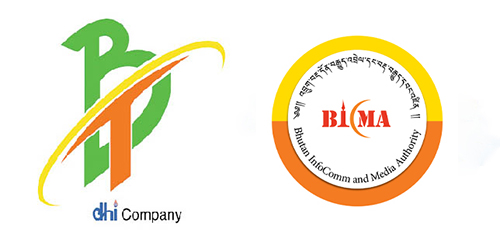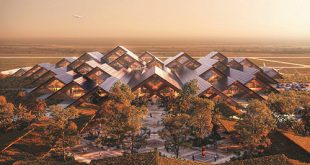People may have started wondering why the promised mobile data price cut is still not happening despite a GovTech letter to Bhutan Telecom (BT) asking it to slash mobile data by 50% from 1st July 2025 onwards.
This is because so far neither BT nor the regulator BICMA are budging.
While the government asked BT to slash mobile data rates by 50%, however, the BT Board and BT have instead proposed to BICMA that it can give varying data reduction of 40 to 30% for the Nu 99 to Nu 499 packages which are the most popular among the customers.
The remaining 10 to 20% to make it a 50% slash would be given as SMS and voice.
The packages above Nu 499 will see a much smaller cut which would be as less as half of what the packages from 99 to 499 are getting.
There are two key concerns for BT, as BT feels that if it gives a flat 50% data reduction in this category then it will have a huge revenue impact as the majority of BT’s revenue and profits came from mobile data, and within this, the bulk of it comes from the Nu 99 to Nu 499 category.
The second concern by BT is that such a sharp reduction will lead to huge congestion in its network as it claims that it is already quite congested, especially in urban areas, and so the quality of internet can suffer and BT will have to put in additional investments and towers.
A source said that it is not just about money in terms of financing new towers, but more so about getting the land and right of way in urban areas.
BT also feels that it is giving more than what was asked for as apart from voice and SMS cut it will also be reducing its leased line rates from around Nu 550 per mbps to around Nu 390 per mbps.
BT feels it is unable to give more than what it is offering and was authorized by DHI and the BT Board.
On the other hand, BICMA is not entirely convinced and to verify BT’s claims it has asked for a network utility report which was reviewed by BICMA and BICMA feels the congestion level will not be as high as claimed by BT, and it is anyhow BT’s responsibility to upgrade its network.
An initial assessment by the task force under GovTech Agency which also included BT, found room for a cut. It found that while there was a revenue impact in the short term, it would improve over time.
A source said that there was a concern in the government that the duopoly of BT and Tashi Cell were keeping data prices high.
A BT official said that what BT is offering is even below the BICMA’s cost modeling exercise for telecom services.
Earlier, BICMA said its decision will be shared upon receiving further directives from the government.
BICMA said it will be sharing the outcomes of the discussions to BT, and the BT needs to implement it. Meanwhile, it said the network upgradation to minimize the congestion is an obligation and regular responsibility of the service provider, and BT will need to constantly upgrade and expand the network to solve congestions in future.
If BT and BICMA cannot find middle ground then BICMA has powers under the ICM Act to determine tariff rates in line with government policy directives, but it remains to be seen if matters reach that level.
 The Bhutanese Leading the way.
The Bhutanese Leading the way.




